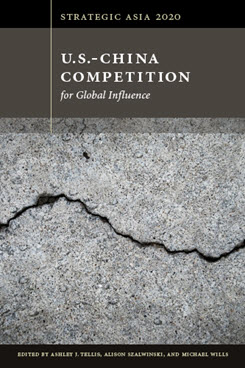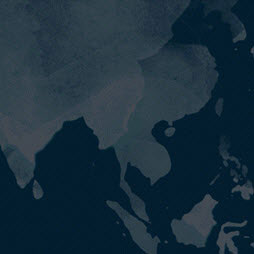Oceania
Cold War Versus the Blue Pacific
This chapter examines the competition between the U.S. and China in Oceania and finds that it is greatly complicating regional relationships and power dynamics.
EXECUTIVE SUMMARY
MAIN ARGUMENT
The growth in China’s presence and influence in Oceania has led to both alarm and opportunity in this normally uncontested region. While Pacific Island leaders see the economic and diplomatic benefits of engaging with China, the Australian and New Zealand governments worry about the prospects of Chinese bases so close to their shores. The U.S., Australia, and New Zealand have responded by refocusing their attention on the island states of the South Pacific, seeking both to compete directly with China’s initiatives and to raise regional concerns about the dangers of China’s presence. Most of the island states have refused to accept this polarizing logic and instead have seen China’s presence and the greater U.S., Australian, and New Zealand attention that it has spurred as an advantage. Moreover, they have insisted on pursuing their own alternative nontraditional security agenda that is heavily focused on addressing climate change.
POLICY IMPLICATIONS
- Escalating rivalry in Oceania could have polarizing effects both domestically and intraregionally, leading to a destabilization of the region that is in no country’s interests.
- For commercial, diplomatic, and military reasons, China is in Oceania to stay. The South Pacific’s traditional partners should accept this and work to build the capacity of island states to manage multiple relationships that are in their own and the region’s interests.
- The U.S., Australia, and New Zealand should not exaggerate China’s advantages in the region. Beijing has made significant mistakes and faces considerable suspicions, and the South Pacific’s traditional partners should seek to build on their traditional connections and reputational advantages.
Michael Wesley is Deputy Vice-Chancellor International at the University of Melbourne in Australia.
Strategic Asia
The Strategic Asia annual edited volume incorporates assessments of economic, political, and military trends and focuses on the strategies that drive policy in the region. Learn more about Strategic Asia.




